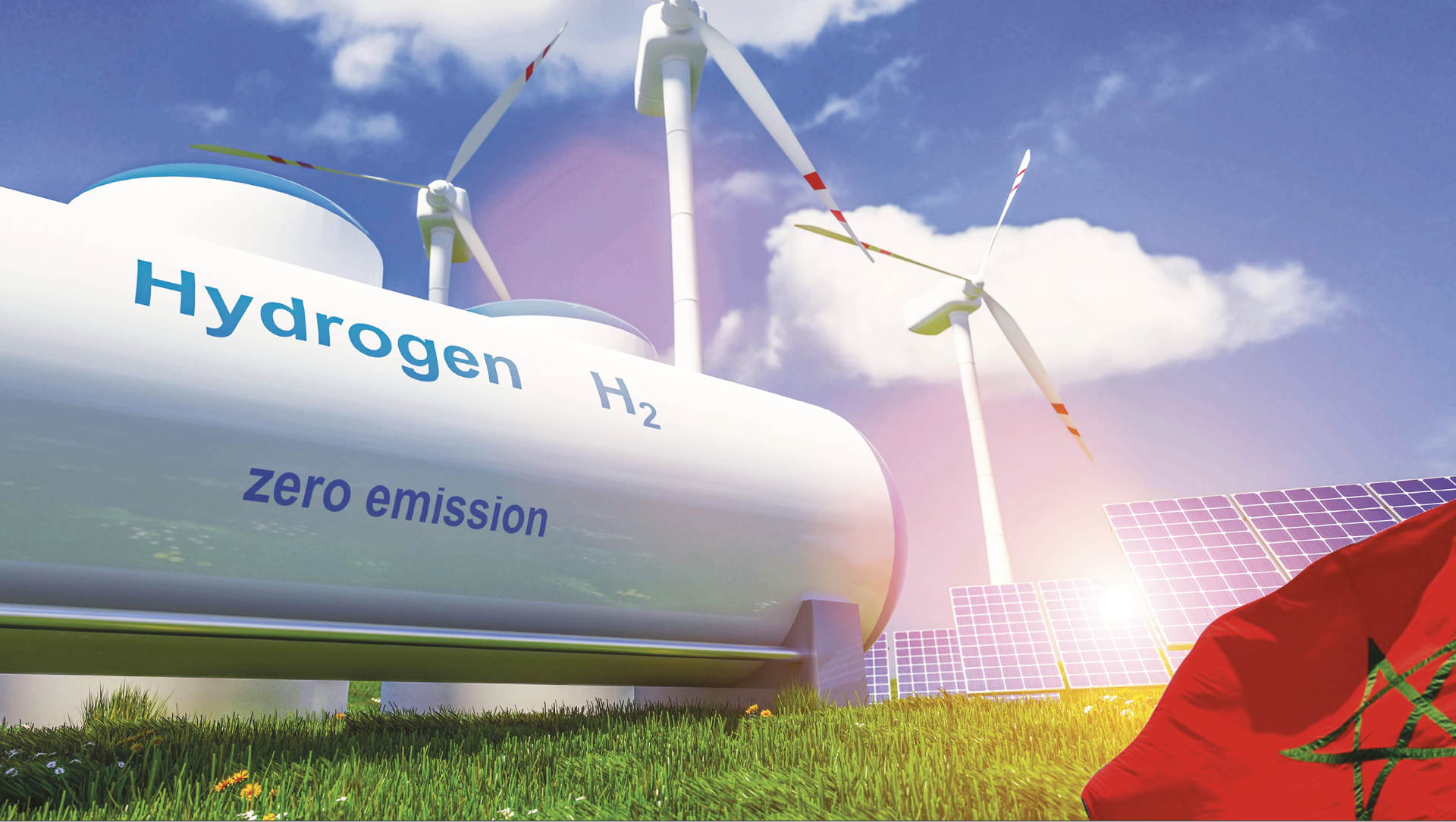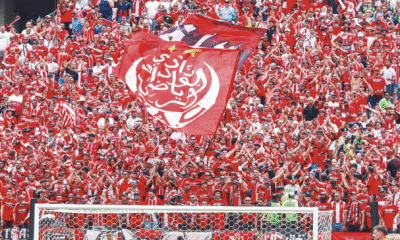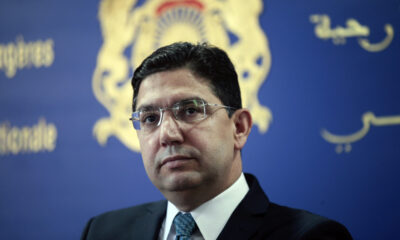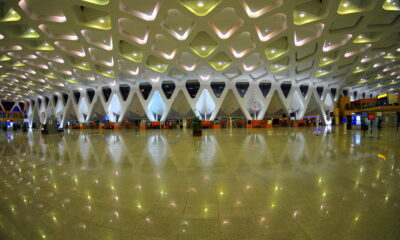Kingdom
ANRE: Setting a New Energy Course
The appointment of Zouhair Chorfi as the head of the National Electricity Regulatory Authority, along with the transformation and expansion of the public entity’s responsibilities, marks the dawn of a new era in the national energy sector, now matured. Shedding light on a pivotal moment in energy regulation

Since 2009, the year of the launch of the National Solar Plan under the leadership of the Sovereign, Morocco has made significant strides in the energy sector. What many consider a regional, even global, achievement is the result of a plethora of strategies and public policies related to renewable energies. A sector to which His Majesty the King attaches great importance.
The Sovereign’s appointment of Zouhair Chorfi as the head of the National Electricity Regulatory Authority (ANRE) on Wednesday, December 4, during the Council of Ministers, is seen by several national experts as a major turning point for the national energy sector.
A new era in energy
“The sector has indeed reached a stage of maturity that requires us to establish a regulatory institution that covers all sectors, whether electricity, natural gas, or hydrogen. But also, and above all, the entire value chain from production to distribution, including storage and transportation” explains Rachid Idrissi Kaitouni, President of the Energy Federation.
For him, this marks a new era in energy: “The royal directives, issued at the last Council of Ministers, set a new strategic course by laying the foundations for exemplary energy governance.”
That being said, the proven experience of the public entity in the field of electricity regulation is a solid asset to facilitate its transformation, which should enable Morocco to accelerate its energy transition.
A well-established transition
At this stage, it is important to note that according to official figures, Morocco, demonstrating maturity in the energy sector, has seen renewable energies substantially strengthen in its energy mix in recent years.
Today, clean energies represent approximately 40% of the electrical production capacity, with this figure set to increase to 52% by 2030.
The abundance of clean energy projects and initiatives reflects the level and potential of energy development in the Kingdom.
In addition to the implementation of green hydrogen projects (currently underway), the Green National Equipment Plan (which will provide the country with nearly 9,614 megawatts, valued at 87.9 billion MAD by 2027), as well as the 3 GW South-North high-voltage electrical interconnection, commonly known as the electricity highway (stretching 1,400 km), are pivotal projects that will shape Morocco’s energy future in a significant manner.
A future marked by the ‘green imprint’ of the OCP group, which will invest over 70 billion MAD by 2027 in the production of green hydrogen and ammonia from wind and solar energies.
Clearly, the plurality and importance of energy projects and initiatives strongly justify the expansion of the mandates of the entity now led by Zouhair Chorfi.
The next steps for ANRE
Regarding the expectations of the Federation, its president explains in essence: “The future National Energy Regulatory Agency (meaning ANRE in its new form) is intended to be the watchdog of the sector, as is the case with ANRT in the telecommunications field.
First and foremost, it must ensure a regulatory framework conducive to the development of this field…”. The challenge of integrated and exemplary regulation of the sector is all the more significant as Morocco is the only African state connected to the European network.
This exceptional position gives the Kingdom the ambition to become a regional, even global, energy hub. “This will be achieved through monumental projects and a development model that combines sovereignty, sustainability, and economic attractiveness,” adds our source.
That being said, the next phase in the transformation process of ANRE will likely involve the enactment of a new law or the amendment of Law 48-15 related to the regulation of the electricity sector, in order to broaden the missions of the public structure.
According to Rachid Idrissi Kaitouni, this is a real opportunity, as it is a chance to enrich the legislative arsenal in the energy field. This will align it with the changes observed in recent years.
Regulation of energy in France
In March 2000, France established the Energy Regulatory Commission (CRE). Since that time, this independent body has been overseeing the proper functioning of the electricity and gas markets in France, benefiting all consumers by ensuring healthy competition among energy suppliers.
In practical terms, the CRE regulates the gas and electricity networks, which are monopolies. It has the necessary authority to set their rates while ensuring service quality. The regulatory entity also contributes to the development of the European internal energy market.
Furthermore, the CRE implements various support mechanisms for renewable energies by evaluating tender proposals. Operating as an independent administrative authority, the French structure issued 371 decisions in 2023 and conducted hearings with 48 market actors in the same year.













